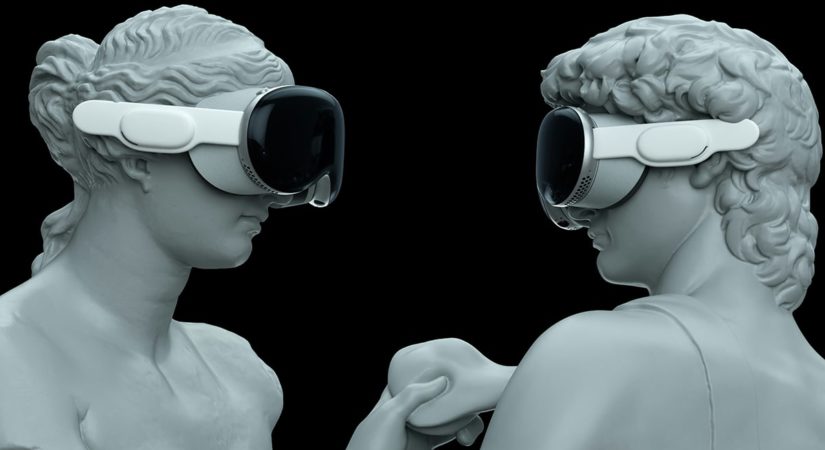In an unexpected turn of events, Mark Zuckerberg, CEO of Meta, has stirred the tech world by favoring Meta’s Quest 3 over Apple’s Vision Pro headset. In a revealing video shared on his Instagram account, Zuckerberg expressed his candid thoughts after personally experiencing both devices, leaving enthusiasts in awe and speculation.
Before delving into his comparison, Zuckerberg acknowledged the vast price gap between the two headsets, with Apple’s Vision Pro priced at a staggering $3,500, while Meta’s Quest 3 stands as a more accessible option at a fraction of the cost.
However, what truly caught the attention of tech enthusiasts was Zuckerberg’s resolute assertion that Quest 3 not only offers better value but also reigns supreme as the superior product. Emphasizing the ergonomic superiority of Quest 3, Zuckerberg highlighted its lightweight design, which outweighs the Vision Pro by approximately 120 grams, making it more conducive to activities like exercising and gaming.
Zuckerberg didn’t mince words when he criticized Apple’s trade-offs, suggesting that the Vision Pro’s pursuit of higher resolution came at the expense of device quality, comfort, and ergonomics. With a wider field of view and brighter screens, Quest 3’s immersive experience was a clear winner in Zuckerberg’s eyes.
Furthermore, Zuckerberg lauded Quest 3’s fusion of hand tracking and physical controls, citing it as a distinguishing factor that sets it apart from the competition. Intriguingly, he hinted at the potential reintroduction of eye tracking, a feature initially introduced in the Quest Pro, to lower-priced headsets, promising enhanced user experiences on the horizon.
Highlighting the versatility of Quest 3, Zuckerberg emphasized its capability to seamlessly integrate with popular platforms like Xbox and YouTube, providing users with a diverse range of entertainment options. While acknowledging the existence of third-party solutions like Christian Selig’s Juno app for YouTube on the Vision Pro, Zuckerberg maintained that Quest’s native support offers a more streamlined experience.
The comparison between Meta and Apple extends beyond hardware, with Meta boasting a robust ecosystem of partners like Roblox and a history of producing multiple headsets while reducing prices on older models. In contrast, Apple’s foray into mixed reality/virtual reality represents a relatively late entry into the market, intensifying the competition in the burgeoning industry.
As the tech landscape continues to evolve, Zuckerberg’s endorsement of Meta’s Quest 3 underscores the company’s commitment to innovation and user-centric design, solidifying its position as a formidable player in the realm of mixed reality technology.
With Meta’s unwavering focus on enhancing user experiences and pushing the boundaries of technological possibility, the future of mixed reality appears increasingly promising, setting the stage for exciting advancements and immersive interactions yet to come.
